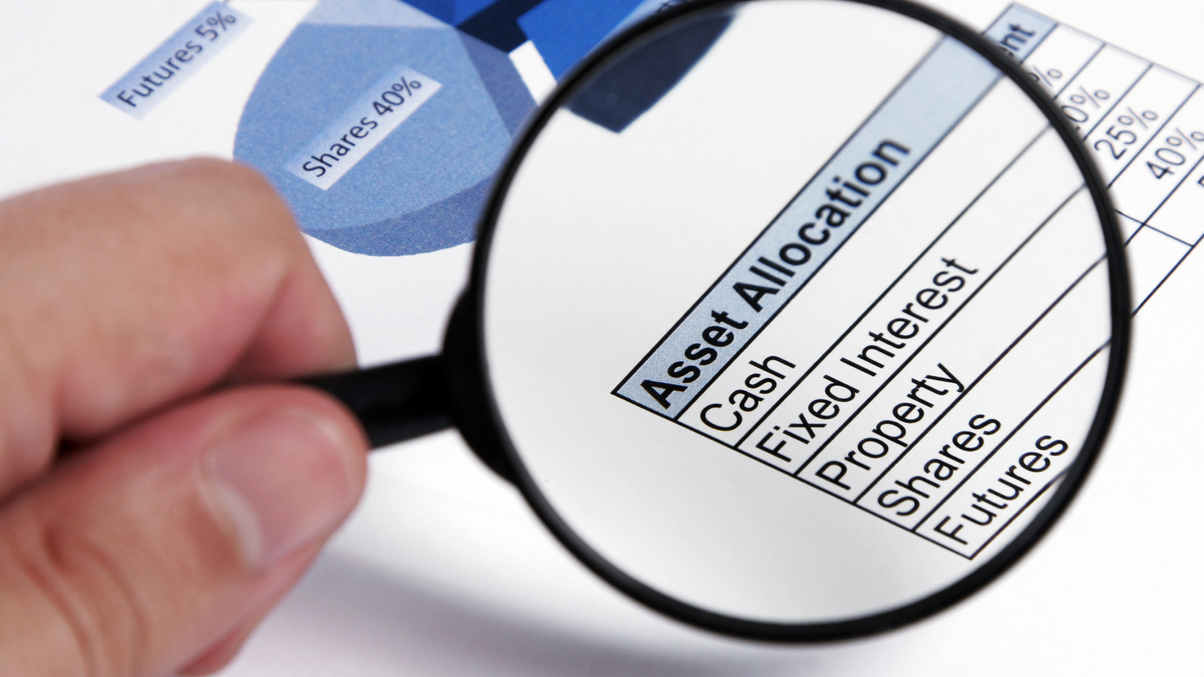Hong Kong insurers look to make the most of market turmoil
Diversification should be a key strategy for investors during the turmoil in global markets, CIOs told AsianInvestor's Insurance Investment Briefing in Hong Kong.

Rising interest rates and falling equity markets have been the results of several shocks to the global economy in the first half of this year, particularly the Russia-Ukraine crisis, Covid-19 lockdowns in China and the onset of a sustained period of inflation .
Sign in to read on!
Registered users get 2 free articles in 30 days.
Subscribers have full unlimited access to AsianInvestor
Not signed up? New users get 2 free articles per month, plus a 7-day unlimited free trial.
¬ Haymarket Media Limited. All rights reserved.


